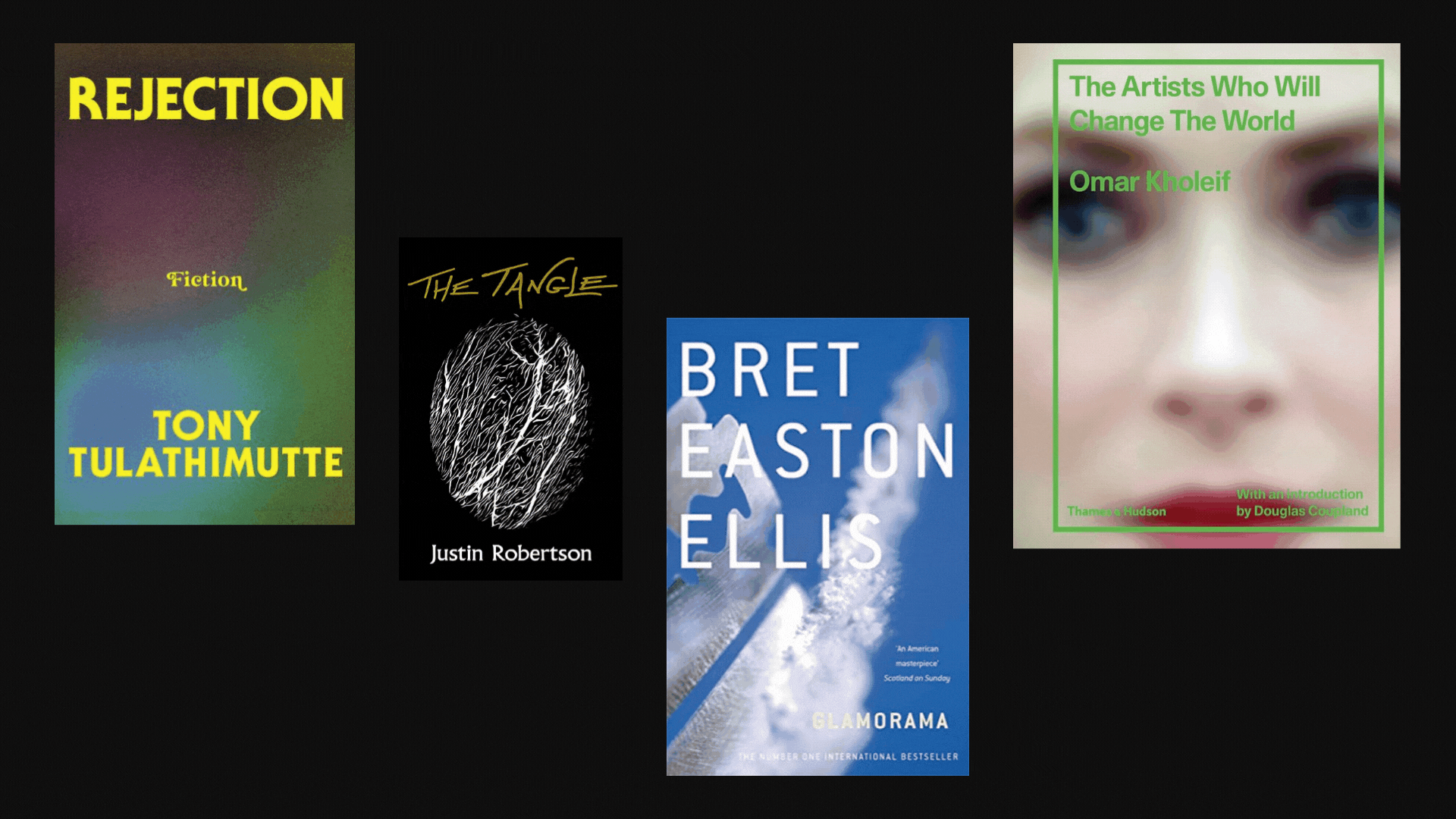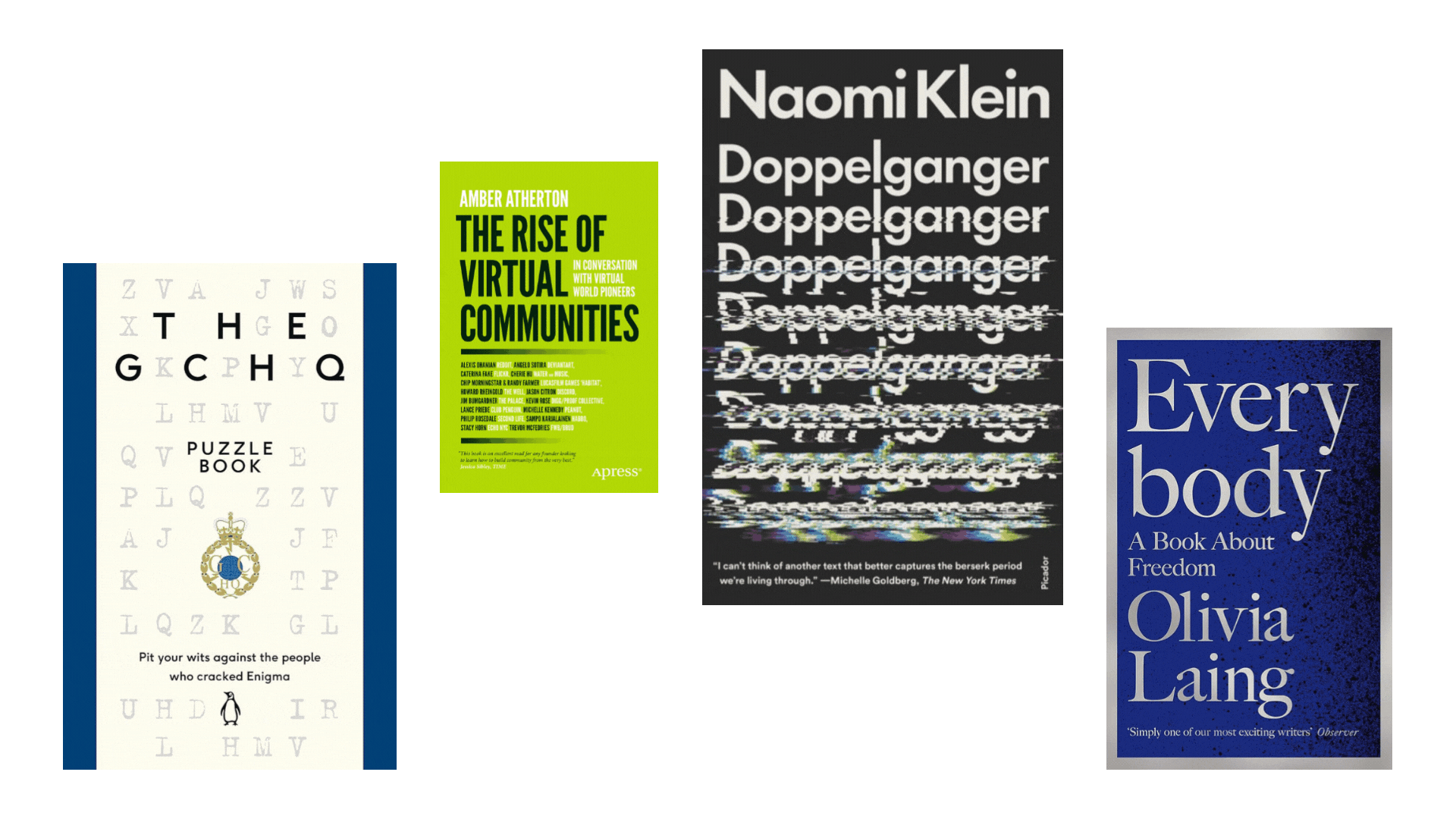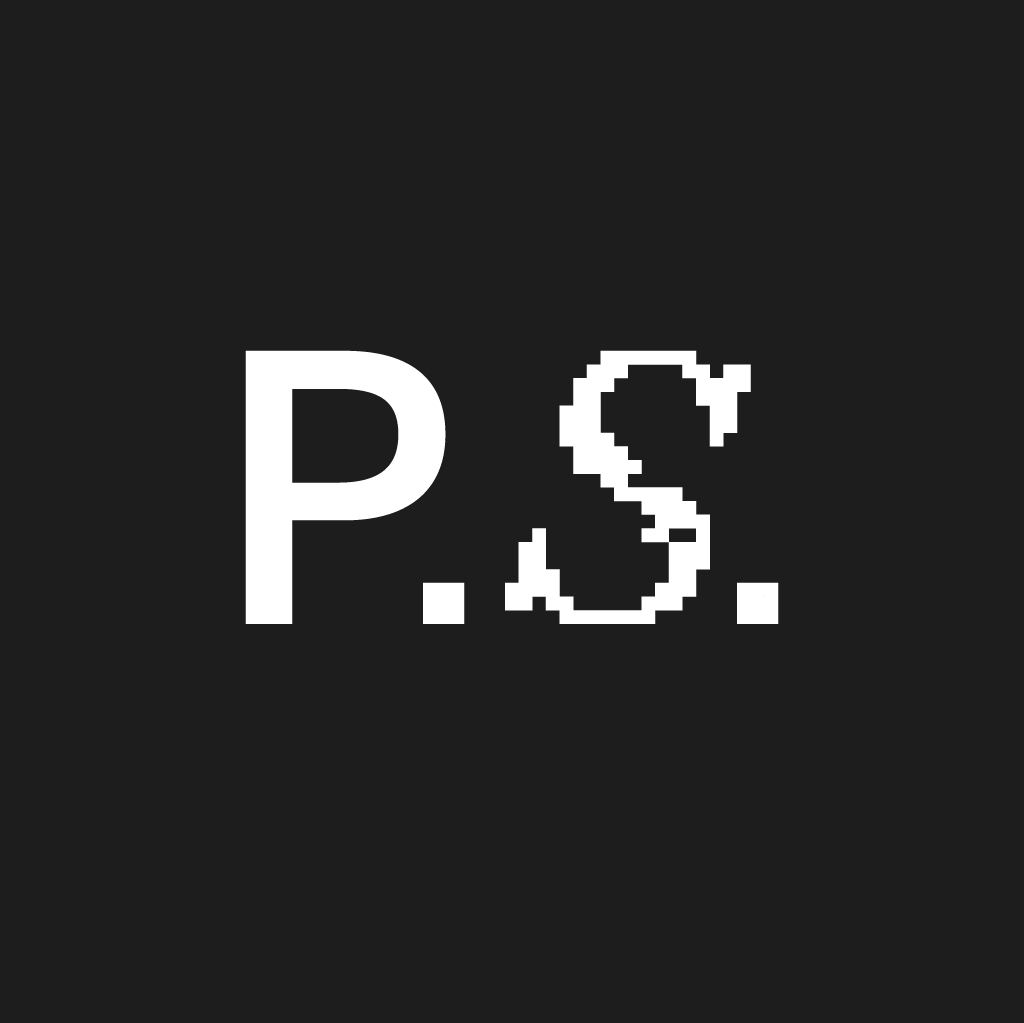Recommended Reading #2
On Tuesday night, a bunch of SEED CLUB members met at Protein Studios to discuss and exchange cult thrillers, dark comedies, folklore-inspired fiction, explorations of rejection and masculinity – anything, really, that left a lasting impression.

The Hearing Test by Eliza Barry Callahan
Selected by Claudia Donaldson
I read The Hearing Test (2024) after losing partial hearing in my left ear – a personal initiation into Eliza Barry Callahan’s world of grief, anger and sonic disarray. Her autofictional debut follows Eliza, a filmmaker living in New York City, whose sudden deafness becomes a dialogue with the inner workings of her mind.
Like much of autofiction, The Hearing Test follows the daily routine of a solitary narrator navigating an urban landscape. “The street was in my kitchen – the hum of passing cars was now coming from somewhere near my stove and sounded like bees.” Throughout the book Callahan switches between the language of hearing and the language of vision – prose is meandering and associative. Social interactions give way to wry introspection, but what I love about it is the way she looks to art to try to make sense of her experience.
Callahan’s writing is at its best in scenes of romantic malaise – of a late-night threesome she writes, “something searched me, as if for a ring down a drain. Something pushed me. Something kissed me. Something held me. Something left me.”
An artist, film-maker and musician, Callahan is half of the indie duo Purr. Their second album, Who Is Afraid of Blue (2023), is named after a painting by Barnett Newman (apparently the album and book are “in conversation”) and, like Newman’s paintings, Callahan’s sentences are “simple, but produce a whole register of feelings”.
Artists Who Will Change the World (2018) by Omar Kholeif
Selected by Anna Rose Kerr
It’s hard to name my favourite artist, but it’s almost certainly someone featured in Artists Who Will Change the World by Omar Kholeif, who is without doubt my favourite curator. AI, genocide, gender identity and migration are all hot topics today – and topics that the artists in this book were already exploring before it came out in 2018. A timeless title for anyone who, like me, has shelves full of picture books.
Glamorama by Bret Easton Ellis
Selected by Charlie Robin Jones
For the SEED CLUB book swap, I brought along one of my favourite books: Bret Easton Ellis’s Glamorama (1998). It's a hilarious, and extremely gory thriller about a model-slash-entrepreneur that turns into an unwitting terrorist. Released in 1998, it came seven years after his more famous American Psycho, and the fall of the Soviet Union – and three years before 9/11, and the release of Zoolander, the film that mirrors its plot, to the point Bret Easton Ellis took legal action.
Era-defining book about an era that resists definition, Glamorama encapsulates late-90s New York in all its end-of-history hedonism while looking forward to the century to come. Political violence, yearning for authenticity in a world of surface, and personal branding's effect on selfhood are prescient themes that continue to mark our age. Most of all, its hurtling pace, sense of delicious emptiness, and surprisingly sympathetic characters make it not just a highly relevant book, but a hugely enjoyable one."
Doppelganger: A Trip into the Mirror World by Naomi Klein
Selected by Mariella Agapiou
Naomi Klein's Doppelganger: A Trip into the Mirror World (2023) blends introspective memoir with socio-political analysis – a topical and thought-provoking book that dives deep into the complexities of identity and misinformation. At times shocking and at others hilarious, Klein’s personal experience of being frequently mistaken for Naomi Wolf (another author whose views have dramatically shifted from left to right), lays the foundation for the broader concept of the "mirror world". A dystopian world where reality is distorted and doppelgängers reflect ourselves and society. I’ve not read a book like it.
The Tangle by Justin Robertson
Selected by Joe Muggs
I picked Justin Robertson’s first novel The Tangle (2021) because I’d just the previous weekend interviewed Robertson about its successor The Trial of Jonah at the Neo Ancients x Weird Walks festival in Stroud - the festival itself was very much about nature, folklore, pagan things and so on, so all that was in my mind as I re-read The Tangle, which is a glorious bit of folk horror, a very abstract story about a vengeful thicket and its relationship to civilisation. it’s a mulling over of motifs of the unconscious, the occult, chaos vs control, the return of the repressed and all those great things!

The Rise of Virtual Communities by Amber Atherton
Selected by Deniz Yazıcıoğlu
The Rise of Virtual Communities (2023) by Amber Atherton beautifully captures a moment in time that’s fundamental to internet history – the insatiable urge and rebellious spirit we have as humans to connect through whatever technology is available. As someone who has been tending to online communities for years, this book makes me nostalgic for the “good old days”. But it also reminds me that no matter the system or structure of technology – even in an era dominated by algorithms and AI – we will always find ways to carve out spaces online to form meaningful connections.
The GCHQ Puzzle Book by GCHQ
Selected by Emilie Harford
The official 2016 puzzle book from Britain’s top secret intelligence and security organisation whose codebreakers have helped keep the country safe – from cracking Enigma and the Bletchley Park breakthroughs of WWII to the modern-day threat of cyber attack. Attracted by the intriguing cover, I bought this book a couple of years ago during a brief crossword-obsessed phase. I quickly realised that it’s not ideal for an amateur puzzler like myself and it’s been sitting on my shelf taunting me ever since. Described by the Guardian as “Fiendish . . . as frustrating, divisive and annoying as it is deeply fulfilling” (although I can’t say I ever got to the fulfilling part), I decided to pass on the challenge to a more advanced code breaker at the SEED CLUB gathering. Good luck Charlie Robin Jones…
Rejection by Tony Tulathimutte
Selected by John Sunyer
Tony Tulathimutte’s Rejection (2025) is smart and sharp and I can understand why it’s been so hyped. A couple of the stories really landed for me, and I definitely admire his writing – it’s some of the most psychologically nuanced stuff I’ve read, especially in how it explores male insecurity, entitlement and loneliness.
There are seven short stories, most of them interlinked in some way. One character sends a completely unhinged email to a woman who rejected him, and it’s both horrifying and fascinating in how honest it is about his delusions and neediness. Another story follows a guy whose entire sense of self-worth is wrapped up in being “different,” even as everything around him suggests otherwise. Misery is everywhere. Not one character feels happy in their body. All of them spend far too much time online.
If that sounds emotionally heavy, that’s because it is. Reading the whole collection felt like a slog. It’s unflinchingly dark. Sometimes the relentlessness made it hard to stay engaged. I didn’t enjoy reading it, exactly, even though I can see why so many people are raving about it. There’s no question Tulathimutte is a bold, technically skilled writer who’s doing something different. I just found myself more impressed than moved. It’s not a book I loved, but it is one I won’t soon forget – and I respect it for that.
Everybody: A Book About Freedom by Olivia Laing
Selected by Jade Isaacs
I brought Everybody: A Book About Freedom (2021) by Olivia Laing, one of my favourite non-fiction writers and cultural critics. Everyone examines social justice struggles – from sexual liberation to civil rights _ through the lens of the body and the fight for bodily freedom across time and place. Laing draws on the ideas of figures in psychotherapy and activism, as well as the work of numerous visual artists, reflecting their background in art criticism and history. They also weave together the personal and the political throughout the book, set against the backdrop of the Covid-19 pandemic (it was published in 2021). I would also highly recommend their third book, The Lonely City: Adventures in the Art of Being Alone (2016), which explores the theme of loneliness through the work of various 20th-century artists. It’s both an informative and healing read.
If you're interested in joining SEED CLUB, you can apply here.
| SEED | #8319 |
|---|---|
| DATE | 15.05.25 |
| PLANTED BY | PROTEIN |
| CONTRIBUTORS | MARIELLA AGAPIOU, CLAUDIA DONALDSON, EMILIE HARFORD, JADE ISAACS, CHARLIE ROBIN JONES, ANNA ROSE KERR, JOE MUGGS, JOHN SUNYER, DENIZ YAZICIOĞLU |


